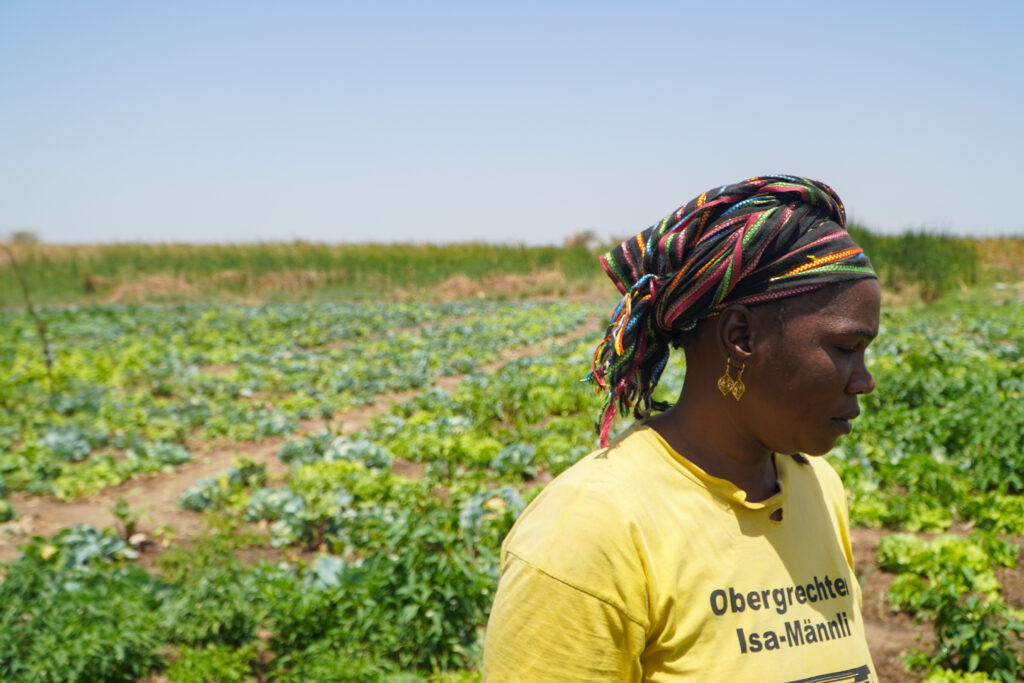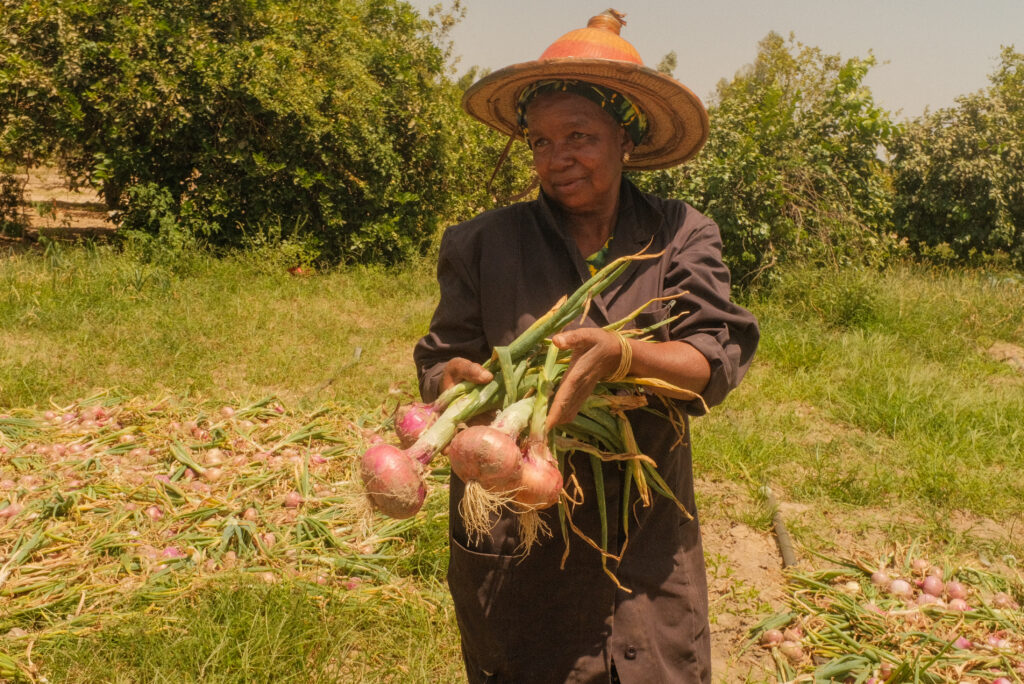Cultivating Resilience, Sustaining Our Future
Every year on October 15, the world pauses to honour the International Day of Rural Women, often an unseen backbone of our food systems. A day of importance and recognition for those who sustain our communities, nourish our families, and protect our environment.
Women are responsible for half of the world’s food production. Indigenous women in particular carry ecological wisdom passed down through generations, while rural women everywhere are leading climate movements that demand a liveable future.
Yet, paradoxically, women also bear the heaviest burdens of climate change.
For many Indigenous women whose livelihoods depend on the land, rising temperatures, erratic rainfall, and biodiversity loss are not abstract phenomena, they are lived realities. Structural inequalities compound this vulnerability, as women face barriers to land, credit, training, and decision-making spaces where their voices could shape the policies that affect them most.
When rivers shrink and water sources dry up, it is the women who must walk farther with their children; when fertilisers and irrigation systems are too expensive, it is women who must innovate with limited means.
Still, hope grows where women can bloom.

The CIRAWA project engages directly with women’s associations, such as those in Cape Verde, The Gambia, Senegal and Ghana, who bring women farmers together to share knowledge, pool resources, and amplify their voices. Women cooperatives stitch together fragments of land into fields of possibility, reshaping both food security and social agency.
But progress is complex. Policies and cultural norms too often keep women at the margins of decision-making, even when they are the ones cultivating the soil. This is why CIRAWA insists on listening to women directly, rather than asking men to interpret their needs.
Training in agroecological practices must go directly to them, equipping them with both knowledge and the confidence to argue for change within their households and communities. Men, too, must be part of this process as allies who recognise women’s expertise and authority. Associations and community leaders can be catalysts here, advocating for land rights, fairer policies, and greater access to resources.
Take Kusawgu, in Ghana’s Central Gonja District. This July, more than 120 women farmers gathered for a participatory agroecology forum. They shared practical knowledge about composting, livestock integration, and tree planting, while voicing concerns about declining rainfall and soil degradation. The workshop symbolised aspiration, a readiness to invest in long-term ecological health for families and future generations.
In Senegal, where 70% of the agricultural workforce is made up of women producing 80% of the country’s food, women and youth stand at the heart of agricultural transformation. Here, initiatives like the PAVIE project and CIRAWA’s agroecology trainings are opening pathways to empowerment. By combining indigenous knowledge with modern agroecological practices, women and youth are learning to adapt to climate stress while envisioning new opportunities as leaders and innovators in agriculture.

This is just an insight into what is possible when rural women move from the margins to the centre of agricultural policy and practice. The Intergovernmental Panel on Climate Change (IPCC) has emphasised that inclusive approaches are vital for building sustainable food systems, particularly in climate-vulnerable regions. When women lead, the benefits multiply: biodiversity is restored, food security is strengthened, and communities become more resilient.
Today, as we celebrate women as food providers and guardians of biodiversity, we must also demand their rightful place at the decision-making table. The future of food security in Senegal, Cape Verde, The Gambia, Ghana, and beyond is inseparable from the empowerment of women. This revolution is already germinating in the fields and gardens where women work tirelessly every day.
The seeds of our collective future are already in their hands.
This article was first published on Farmers Review Africa on 15 October 2025.